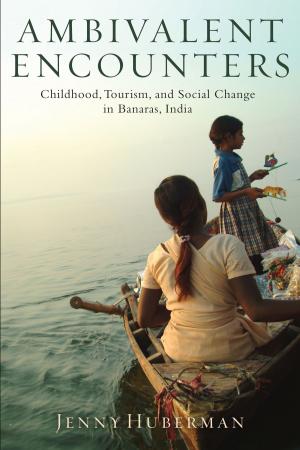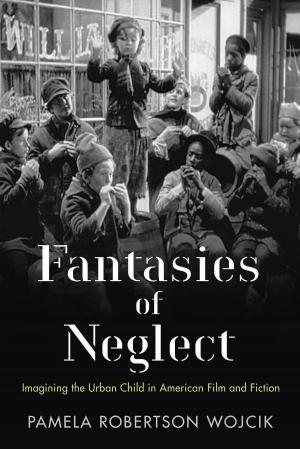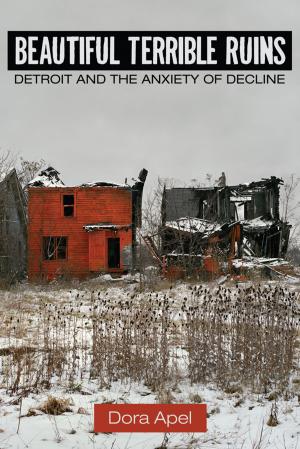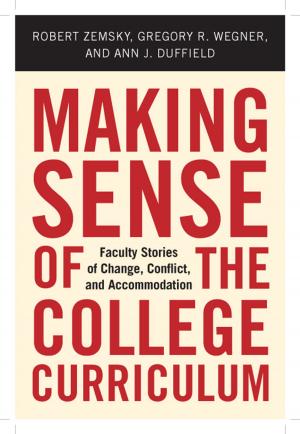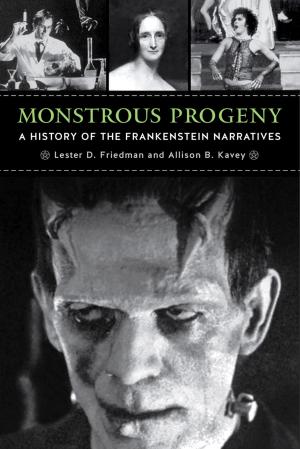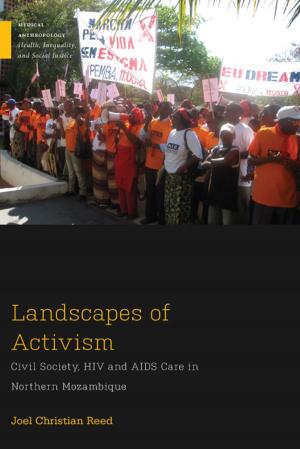Hidden Chicano Cinema
Film Dramas in the Borderlands
Nonfiction, Entertainment, Performing Arts, Film| Author: | A. Gabriel Meléndez | ISBN: | 9780813570181 |
| Publisher: | Rutgers University Press | Publication: | August 19, 2013 |
| Imprint: | Rutgers University Press | Language: | English |
| Author: | A. Gabriel Meléndez |
| ISBN: | 9780813570181 |
| Publisher: | Rutgers University Press |
| Publication: | August 19, 2013 |
| Imprint: | Rutgers University Press |
| Language: | English |
Hidden Chicano Cinema examines how New Mexico, situated within the boundaries of the United States, became a stand-in for the exotic non-western world that tourists, artists, scientists, and others sought to possess at the dawn of early filmmaking, a disposition stretching from the silent era to today as filmmakers screen their fantasies of what they wished the Southwest Borderlands to be.
The book highlights “film moments” in this region’s history including the “filmic turn” ushered in by Chicano/a filmmakers who created new ways to represent their community and region. A. Gabriel Meléndez narrates the drama, intrigue, and politics of these moments and accounts for the specific cinematic practices and the sociocultural detail that explains how the camera itself brought filmmakers and their subjects to unexpected encounters on and off the screen. Such films as Adventures in Kit Carson Land, The Rattlesnake, and Red Sky at Morning, among others, provide examples of movies that have both educated and misinformed us about a place that remains a “distant locale” in the mind of most film audiences.
Hidden Chicano Cinema examines how New Mexico, situated within the boundaries of the United States, became a stand-in for the exotic non-western world that tourists, artists, scientists, and others sought to possess at the dawn of early filmmaking, a disposition stretching from the silent era to today as filmmakers screen their fantasies of what they wished the Southwest Borderlands to be.
The book highlights “film moments” in this region’s history including the “filmic turn” ushered in by Chicano/a filmmakers who created new ways to represent their community and region. A. Gabriel Meléndez narrates the drama, intrigue, and politics of these moments and accounts for the specific cinematic practices and the sociocultural detail that explains how the camera itself brought filmmakers and their subjects to unexpected encounters on and off the screen. Such films as Adventures in Kit Carson Land, The Rattlesnake, and Red Sky at Morning, among others, provide examples of movies that have both educated and misinformed us about a place that remains a “distant locale” in the mind of most film audiences.

